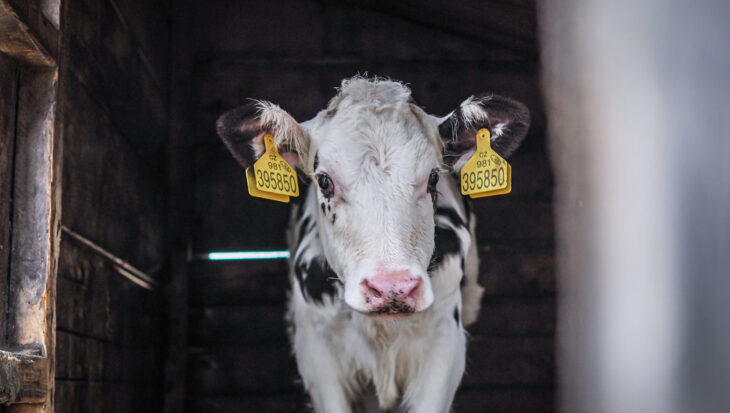Despite the Commission’s rejection, the one million signature-strong Initiative has already been enormously influential. It forced a landmark debate last month in the European Parliament, and caused shockwaves throughout the pro-vivisection establishment, with articles and letters by senior animal researchers attacking the Initiative appearing in journals such as Nature and in national newspapers.
In today’s response, the Commission fails to take account of the growing body of scientific evidence suggesting that the results of animal experiments cannot be reliably translated to humans. It focuses instead on the medical progress that has been made, suggesting that this was only possible because of animal research. It chooses to ignore the dangerously misleading results that animal tests have often generated, which have caused people to be exposed to harmful drugs such as Vioxx and TGN1412, and which have almost resulted in the rejection of important treatments, such as cancer drugs tamoxifen and Gleevec. To be useful, any research method must be reliably predictive, and animal research clearly is not (studies have suggested it is no more reliable than tossing a coin).
The Commission also appears to have misunderstood the basic essence of the Stop Vivisection proposal. The Commission argues that overturning the current Directive would simply remove protection for animals being used in experiments, and not put an end to their use. But, in reality, the Citizens’ Initiative was calling for fresh legislation to replace the Directive, which would make the use of non-animal methods mandatory and work towards a ban on animal research. Equally difficult to comprehend is the Commission’s conviction that a ban on animal research would export the practice outside the EU, where – it argues – animal welfare standards may be lower. But the Commission provides no evidence to support its claim, and this concern did not prevent the EU from establishing a full ban on animal testing for cosmetics.
Today’s report includes some commitment from the Commission to encourage the uptake of non-animal research methods, but this is simply not enough. When the Stop Vivisection Initiative was debated at the European Parliament, a panel of scientific experts explained why information provided by animal research is largely irrelevant to human medicine and effectively useless. The development of further non-animal technology is of vital importance, but in the meantime there is no point persisting with a method that fails to provide useful information and causes the death and suffering of millions of animals every year.
Says Animal Aid Director Andrew Tyler:
‘Animal Aid is deeply disappointed with the European Commission’s response, which demonstrates a complete failure to take account of modern scientific understanding, and a shocking disregard for the opinion of more than a million EU citizens who supported the initiative. We would, however, like to congratulate all the campaigners and scientific experts behind the Stop Vivisection Initiative. They succeeded in securing for this issue a prominent place on the European political agenda and achieving an historic debate in which politicians and members of the public were able to hear the scientific case against animal research. This represents a vital step on the long road to achieving a complete ban on the cruel and unscientific practice of vivisection.’

